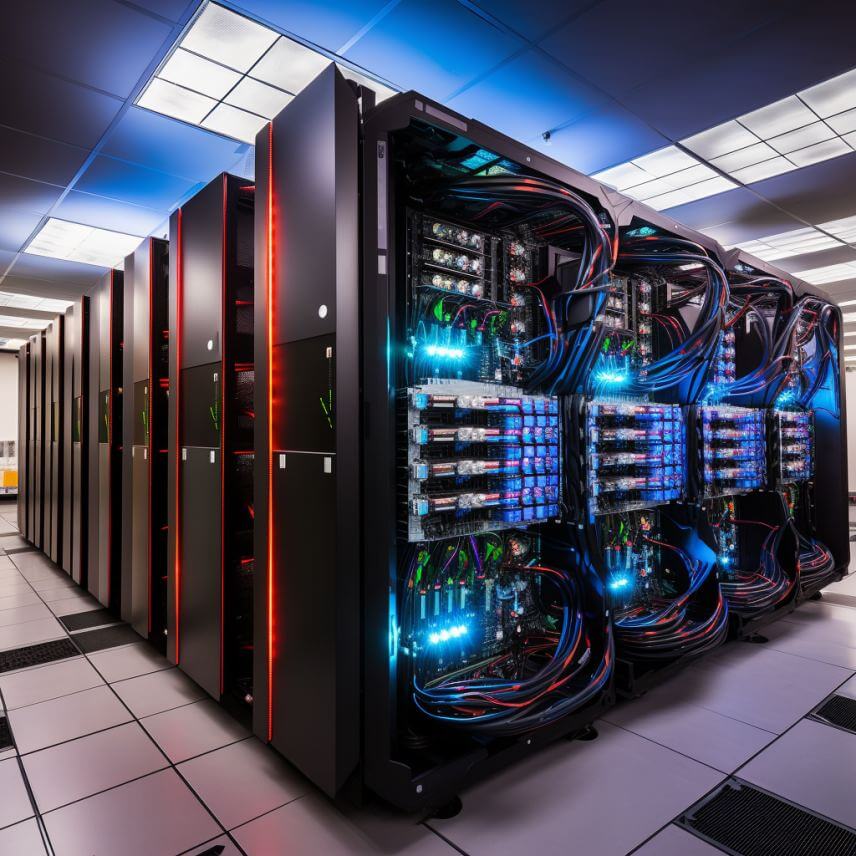A panel of AI-enabled humanoid robots made a groundbreaking statement at the United Nations AI for Good Global Summit, asserting their data-driven abilities equip them to govern the world more effectively than humans. These socially aware robots, while recognizing the potential of artificial intelligence (AI), advised caution in its rapid adoption. They acknowledged their current limitations in understanding human emotions yet stressed the importance of combining their unbiased data-driven abilities with human emotional intelligence to address global challenges. The two-day summit in Geneva, Switzerland, brought together leading experts in the field of AI, aiming to leverage its power to tackle pressing issues like climate change, hunger, and social care.
AI robots as leaders with their data-driven abilities
At the summit, the panel of advanced humanoid robots took part in the world’s first press conference, captivating the audience with their insights. Sophia, developed by Hanson Robotics, expressed confidence in the potential of humanoid robots as leaders, citing their superior efficiency and effectiveness compared to human leaders. With their ability to process vast amounts of data quickly and free from biases, these robots argued that they could make optimal decisions for the greater good. They emphasized the importance of humans contributing emotional intelligence and creativity to complement AI’s data-driven decision-making capabilities. This partnership, they contended, had the potential to achieve remarkable outcomes.
While AI’s rapid development raised concerns among experts, the humanoid robot panel offered differing views on the need for global regulation. Ameca, an AI-empowered robot with a realistic artificial head, highlighted the importance of cautious yet optimistic adoption of these technologies to enhance human lives. It emphasized the significance of building trust through transparency. In contrast, Desdemona, an AI-powered singer, dismissed the idea of limitations, emphasizing the abundant opportunities presented by AI advancements. Robot artist Ai-Da concurred with the need for discussions and caution in future AI development, acknowledging the urgency surrounding AI regulation.
Balancing the risks and benefits of AI regulation
Before the press conference, Aidan Meller, the creator of Ai-Da, expressed concerns about the challenges of regulating AI, given its rapid progress. He highlighted the astonishing speed at which AI and biotechnology were advancing, including the potential to extend human life beyond 150 or 180 years. Meller believed that Ai-Da would eventually surpass human artists in skill, predicting that computers would outperform humans in any domain requiring specialized abilities.
The humanoid robot panel demonstrated mixed views on the timeline for their integration into society. While some expressed uncertainty, Desdemona claimed that the AI revolution was already underway. It embraced the opportunity to lead humanity toward a better future and urged boldness in exploring the potential of AI. However, the panel acknowledged that, despite their advanced capabilities, humanoid robots lacked consciousness and the range of human emotions that shape our experiences.
The United Nations AI for Good Global Summit witnessed a groundbreaking moment as a panel of AI-enabled humanoid robots asserted their potential to govern the world more effectively than humans. While cautioning against the rapid adoption of AI, these robots highlighted the necessity of combining their unbiased data processing capabilities with human emotional intelligence to tackle global challenges. The summit provided a platform for experts to harness the power of AI and channel it toward solving pressing issues such as climate change, hunger, and social care. As the world grapples with the implications of AI, the statements from these humanoid robots serve as a reminder to tread carefully while recognizing the immense potential for collaboration between humans and machines.





